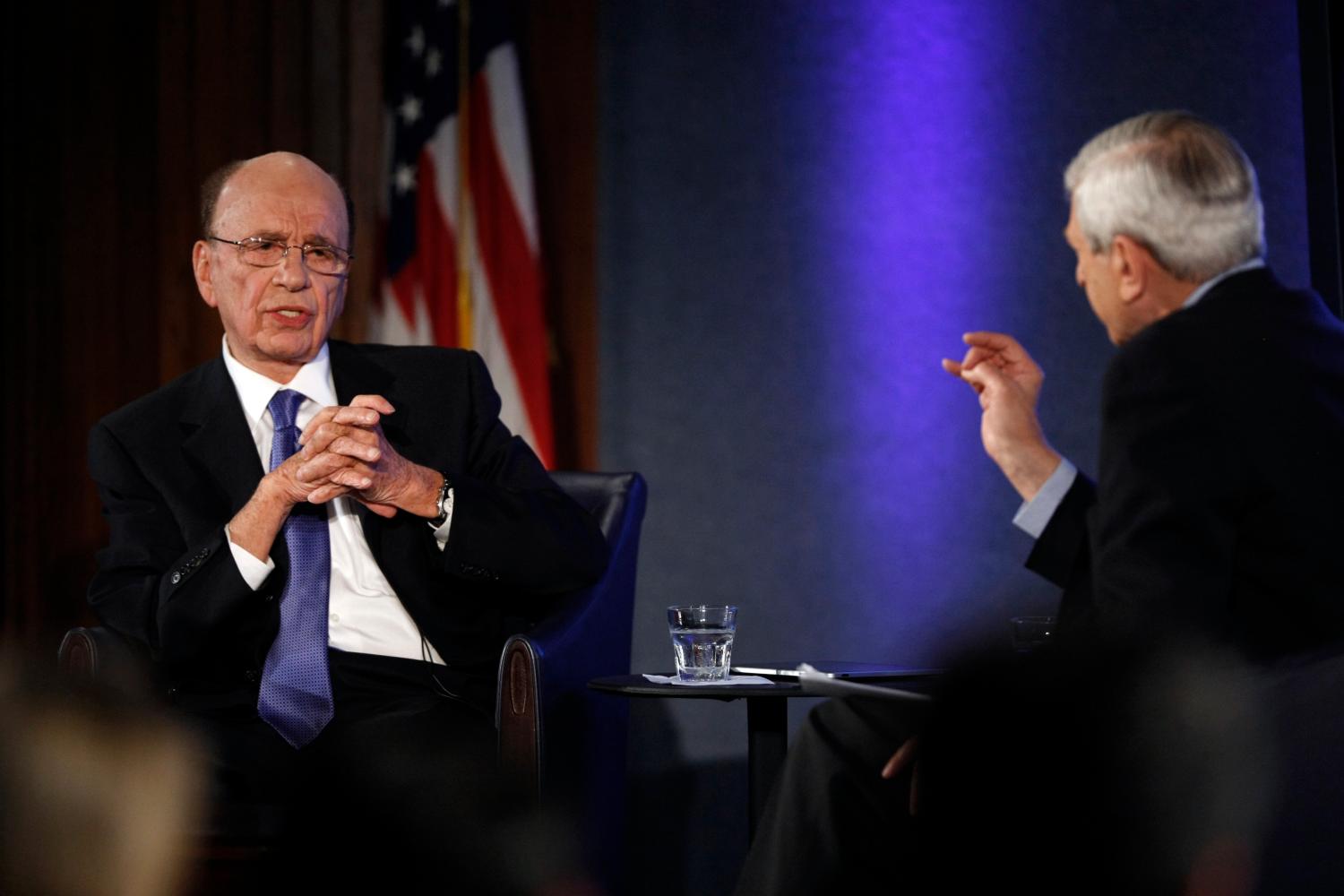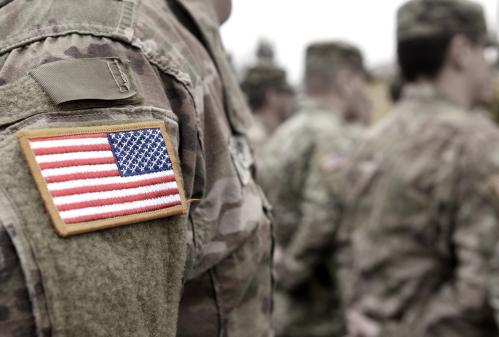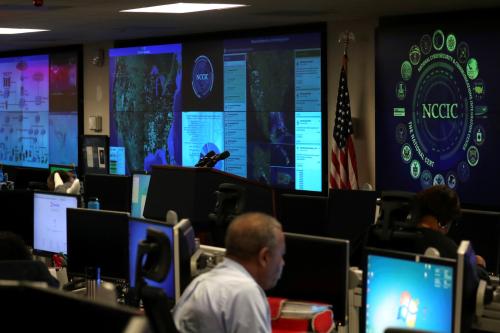For those of us of a certain age, today conjures up a sad and unforgettable memory. Forty-four years ago, an American house of cards collapsed in Saigon, then the capital of South Vietnam, shattering an American illusion of global omnipotence. In what came to be called the “Tet Offensive,” Communist forces over-ran an over-confident U.S. force of over 500,000 troops, busting into the U.S. Embassy in Saigon and occupying a string of provincial capitals throughout the country.
General William Westmoreland, at the time the U.S. commanding general in South Vietnam, requested an additional 206,000 troops, promising that with them he could assure President Lyndon Johnson that he would not only beat back the Communist offensive but also destroy their war-making capacity. Johnson, by this time tired of such assurances and pressed to come up with a negotiated end to what seemed an endless war, refused the general’s request—the first time he had ever done that. Still, even without the additional forces, Westmoreland managed to lead a successful counter-offensive, killing tens of thousands of Communist troops and severely weakening their military position.
But, for Westmoreland and the United States, it was too late. The Tet offensive gave the Communists an overwhelming propaganda victory. It undermined America’s credibility; more damaging still, it ignited the feeling among war-weary Americans that no matter how many troops the United States sent to South Vietnam, the Communists would eventually win. It was time to end the war. Johnson started negotiations with North Vietnam and announced he would not run for re-election. The war, more than anything else, defeated Johnson. He had often described North Vietnam as a “raggedy-ass little fourth rate country,” but it inflicted the first military defeat on the United States, arguably the world’s most powerful nation.
It should not be a surprise then that the Vietnam War has had a powerful effect on every subsequent president, from Ford to Obama, whenever he is faced with a decision to put “boots on the ground” and to commit troops to war. Vietnam has profoundly changed the way presidents decide questions of war and peace. Because Vietnam always seemed to have a seat in the Oval office, questions that could have been sidestepped must now be confronted. How can a president avoid another Vietnam? Should a president commit troops to war only when the nation’s “national interests” are directly involved? Must a president have an “exit strategy” before committing troops? Should a president use overwhelming military force—getting in and out of a conflict quickly? Or, should he, like presidents Reagan, Carter and Clinton, jump through hoops to avoid sending American troops to wars?
These are not easy questions; nor are there easy answers. When confronting such post-Vietnam challenges as terrorism and asymmetrical warfare, presidents have found themselves haunted by the “ghosts of Vietnam,” as though, magically, in the entrails of a lost war, they may yet find a solution to their current problems.
Barack Obama, who was 13 years of age when the Vietnam War ended finally in 1975, often seems obsessed by Vietnam. He tries to convey the impression that he has risen above Vietnam into a new, modern world when in fact he is still mired in the legacy of this lost war. In his decision making with respect to Afghanistan, for example, he is still shadowed by the “ghosts” of Vietnam. From all indications, he is tired of the war, no longer sees it as a “war that has to be won,” as he used to proclaim repeatedly, but is increasingly trapped in a military and strategic conundrum without end. According to one report, his own military intelligence experts believe that once American forces leave at the end of 2014, the Taliban will almost certain to return to power.
Poor Mr. President. He ought these days to go back to the history books and reread the chapter on the Tet Offensive. It contains important lessons that can be applied to his Afghan dilemma.
The Brookings Institution is committed to quality, independence, and impact.
We are supported by a diverse array of funders. In line with our values and policies, each Brookings publication represents the sole views of its author(s).




Commentary
Remembering the Tet Offensive
February 1, 2012